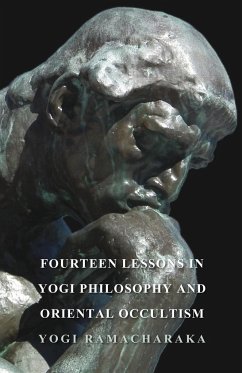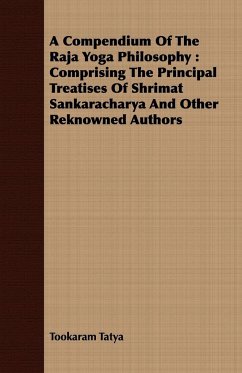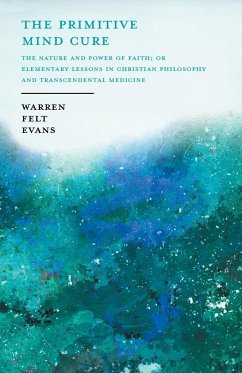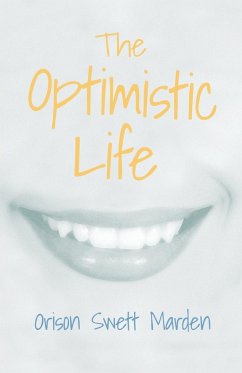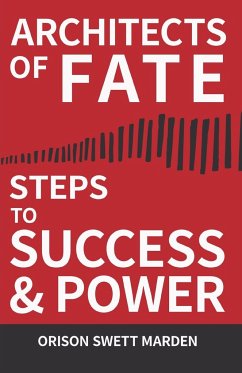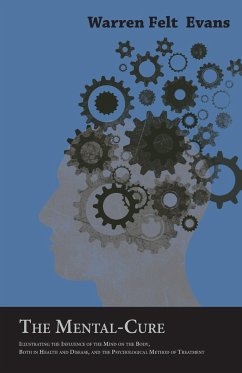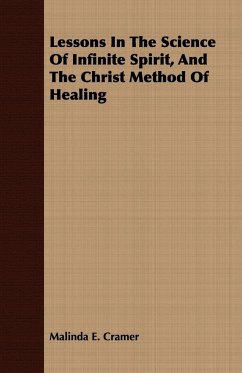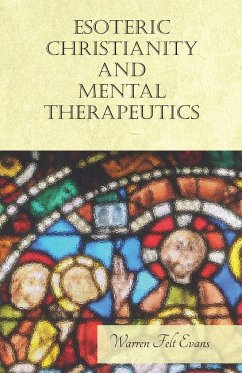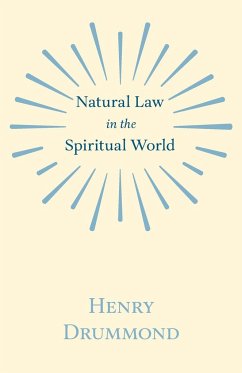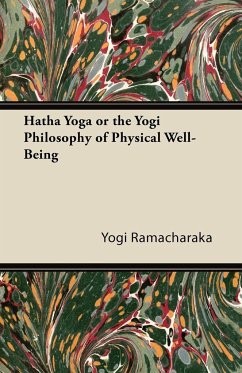
Hatha Yoga Or, The Yogi Philosophy of Physical Well-Being
Versandkostenfrei!
Versandfertig in 1-2 Wochen
31,99 €
inkl. MwSt.
Weitere Ausgaben:

PAYBACK Punkte
16 °P sammeln!
Hatha Yoga Or, The Yogi Philosophy of Physical Well-Being by Yogi Ramacharaka is a comprehensive guide to Hatha Yoga, offering readers a profound exploration of physical well-being, yogic practices, and the path to a healthier and more balanced life. Hatha Yoga Or, The Yogi Philosophy of Physical Well-Being by Yogi Ramacharaka is a timeless classic that brings the ancient science of Hatha Yoga to the modern reader. This book serves as a comprehensive manual for achieving physical and mental well-being through the practice of yoga. The book begins by introducing readers to the philosophy and pr...
Hatha Yoga Or, The Yogi Philosophy of Physical Well-Being by Yogi Ramacharaka is a comprehensive guide to Hatha Yoga, offering readers a profound exploration of physical well-being, yogic practices, and the path to a healthier and more balanced life. Hatha Yoga Or, The Yogi Philosophy of Physical Well-Being by Yogi Ramacharaka is a timeless classic that brings the ancient science of Hatha Yoga to the modern reader. This book serves as a comprehensive manual for achieving physical and mental well-being through the practice of yoga. The book begins by introducing readers to the philosophy and principles of Hatha Yoga, providing essential background information for understanding its significance. Yogi Ramacharaka's insightful explanations set the stage for a deeper exploration of this transformative discipline. Central to the book are the yogic practices and techniques associated with Hatha Yoga. Readers will find guidance on physical postures (asanas), breath control (pranayama), relaxation, and meditation. These practices are presented in a clear and accessible manner, making them suitable for practitioners of all levels. Furthermore, the book delves into the holistic approach of Hatha Yoga, emphasizing the interconnectedness of the physical, mental, and spiritual aspects of well-being. Yogi Ramacharaka's teachings highlight the importance of balance and harmony in achieving a healthier and more fulfilling life. Hatha Yoga Or, The Yogi Philosophy of Physical Well-Being is not only a manual for yoga practice but also an invitation to embark on a journey of self-discovery and holistic health. It encourages readers to explore the potential for transformation and well-being that lies within them. This book is an invaluable resource for yoga enthusiasts, health-conscious individuals, and anyone interested in the science of physical and mental well-being. Yogi Ramacharaka's teachings continue to inspire and guide readers on the path to a healthier, more balanced, and more fulfilled life through Hatha Yoga.





